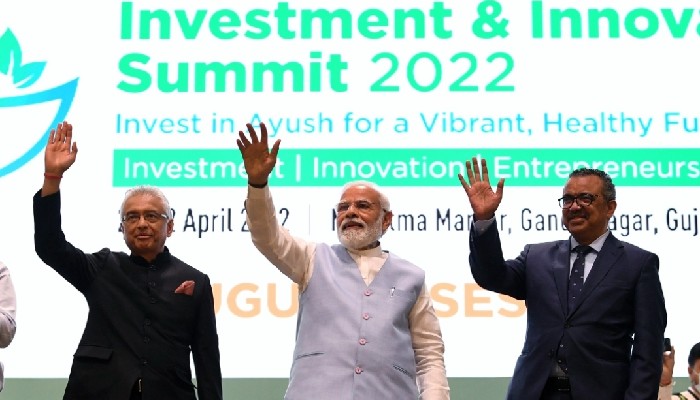The Central Board of Secondary Education has collaborated with organizations such as Intel, IBM, and Microsoft to design the curriculum and textbook material of the subject
The Central Board of Secondary Education (CBSE) has introduced Artificial Intelligence (AI) as a subject in classes VIII, IX, X, and XI from the session 2019-20 in its affiliated schools. The step has been taken to enhance the multidisciplinary approach in teaching, learning, and to sensitize the new generation, Union Minister for Human Resource Development Ramesh Pokhriyal ‘Nishank’ said in a written reply in the RajyaSabha today.
CBSE has collaborated with several organizations such as Intel, IBM, Microsoft, and private schools, for designing the curriculum and textbook material of the subject. The board has conducted 41 training programs on AI in its affiliated schools in various parts of the country in which 1690 participants were trained.
All India Council for Technical Education (AICTE) under its scheme, National Educational Alliance for Technology (NEAT) selected Ed-Tech companies who are providing AI-based personalized adaptive learning solutions in various disciplines and has introduced AI and Data Science as a discipline in engineering programs in many Institutes.
AICTE has so far conducted 250 Faculty Development Programs (FDPs) in thrust areas including AI and with the coordination of CBSE, school teachers were also allowed in some of the FDPs conducted in AI, Pokhriyal’s written reply read.
The government has introduced two schemes namely Impacting Research Innovation and Technology (IMPRINT) and Uchhatar Avishkar Yojana (UAY) to promote research that is socially relevant and is of use to the end-users.
IMPRINT focuses on research in higher educational institutions wherein the cost of the project is met to the extent of 50 percent by the Ministry of Education and the remaining 50 percent by the Participating Ministry.
UAY promotes industry-sponsored, outcome-oriented research projects. The projects’ cost under UAY is met to the extent of 50 percent by the Ministry of Education and 25 percent each by the industry and the participating ministry.
 Contact Us
Contact Us  Subscribe Us
Subscribe Us









 Contact Us
Contact Us
 Subscribe
Subscribe
 News Letter
News Letter

